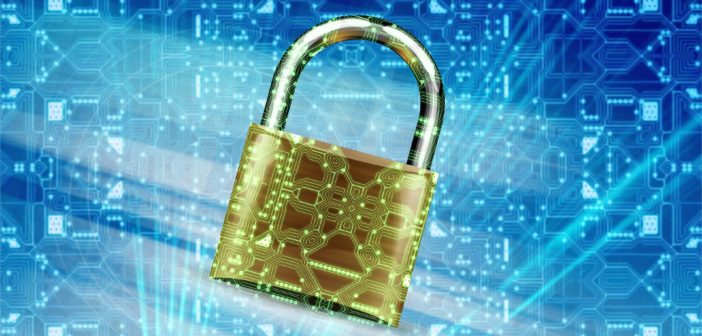These days, you’d be hard-pressed to find anyone who isn’t at least somewhat involved with activities on the internet. Shopping, banking, and social media are a few of the ways that most of us have embraced technology to make our lives easier, more productive, and more enjoyable. The one thing many don’t realize, however, is how much personal data they’re sharing online and what they need to do to make sure it stays secure.
Many people think that the obligation to keep data secure lies squarely on the shoulders of internet services themselves, but this is a dangerous misconception. While there are legal requirements governing some aspects of data security, the terms of service for most apps and websites make it clear that the end-user is ultimately responsible for what they share and the consequences if it’s compromised.
To help you be proactive about data security, here are 3 ways to ensure that your personal data is secure online:
Use Secure Passwords and Two-Factor Authentication
If you’re going to be using an online service of any kind, before you decide to share any personal information on it you must make sure that you set up your account with a secure password. Many websites now have password complexity requirements that force users to meet at least a minimum requirement to be accepted. These requirements usually involve password length, capitalization, and the inclusion of numbers and special characters. These guidelines are a good start but are surprisingly insecure, which is borne out by the latest research.
When creating a password, it’s a much better idea to use a long, complex string of unrelated words. Automated password cracking software can’t predict how an individual will choose strings like these since they’re essentially gibberish. The only real limit you’ll face is how long of a password you can remember.
Another great option to use, where available, is two-factor authentication. This kind of system usually will use your cell phone (for verification texts), as well as landlines, and additional email addresses to verify your identity in case of a breach. For example, if a hacker manages to get access to your email account, they may try to use it to reset your account passwords on any number of associated services. In the event this happens, your identity will be verified using another method that the unauthorized user wouldn’t have access to.
Encrypt Your Cloud Storage
Since online storage services have become popular, they’ve created a whole new attack vector for the theft of personal data. Commonly, people store documents, personal photos, and video on these services. If they’re left unencrypted, anyone that gains access to an account has free reign to copy and distribute the stolen data at will.
One way to secure your cloud storage is to use file encrypting software that will make any stolen files useless to an attacker. Without the encryption keys, the files are rendered inaccessible, and therefore secure.
Beware of Oversharing
In the age of social media, we’ve all become accustomed to being more open about ourselves and the things we’re doing. There’a hidden danger in that, though, since the information that you share can sometimes be harvested to provide a means to compromise your online accounts.
If you can, try to keep your social media profile either private or limited to users that you select. Be careful not to include detailed information about things like your family, address, or personal history. Believe it or not, this kind of information is often used to defeat security questions that you have set on various websites.
If keeping your profiles private is either undesirable or unrealistic, don’t be afraid to lie when you set answers to security questions. Doing this will make sure that no matter what you may let slip on social media, nobody will be able to use it to compromise your accounts. Be aware that you’ll have to remember how you’ve answered these questions in the event you need to reset your password or regain access to a locked account. It’s a good idea to keep track of how you’ve answered in an encrypted document that only you can access.




